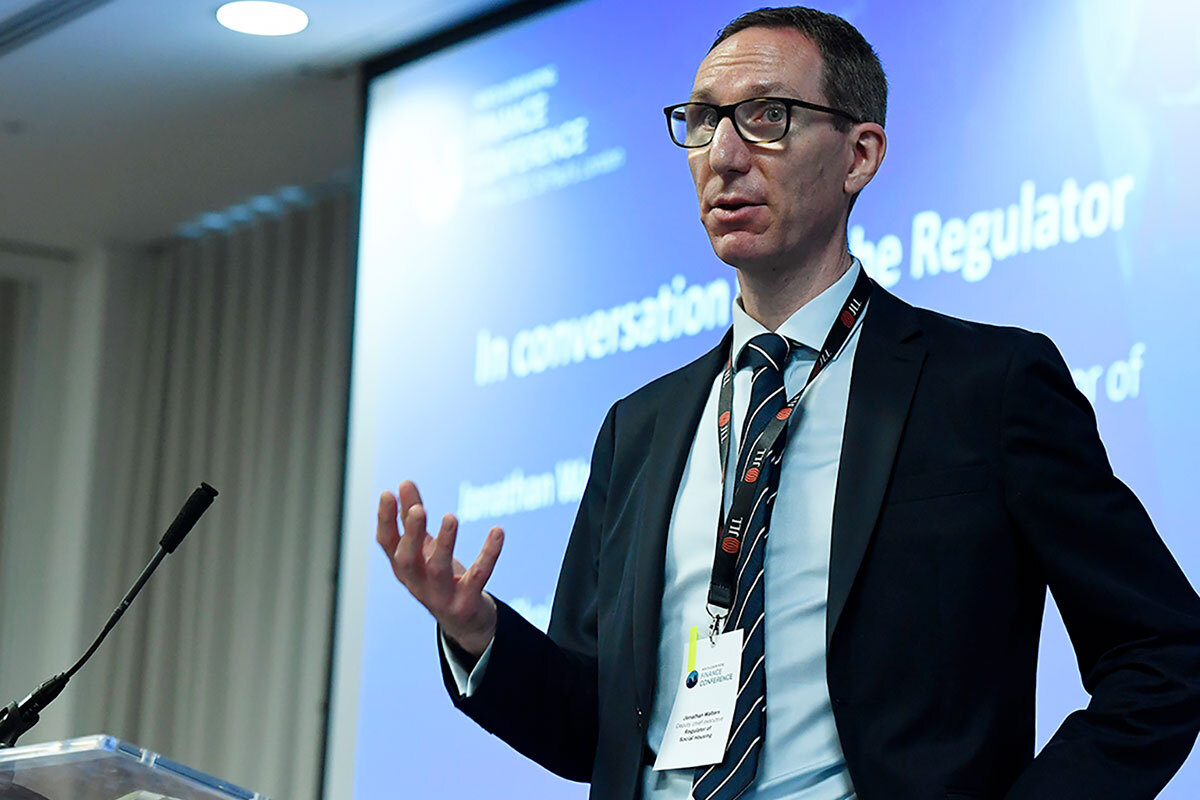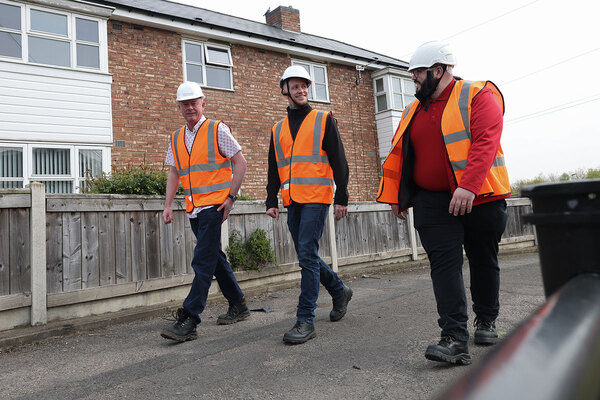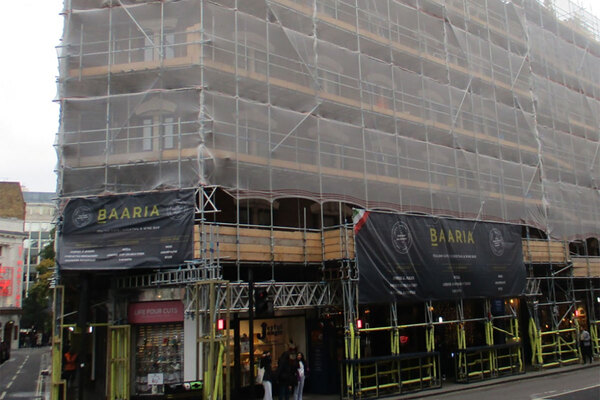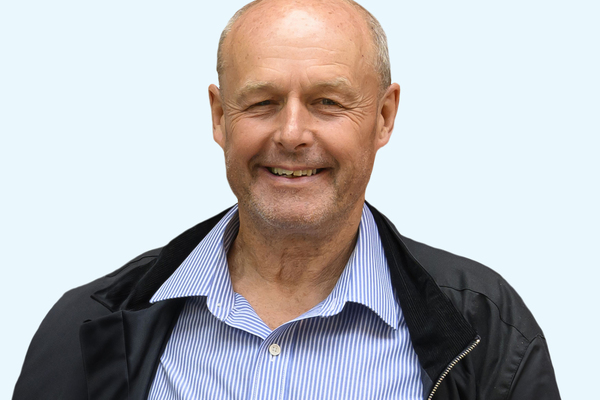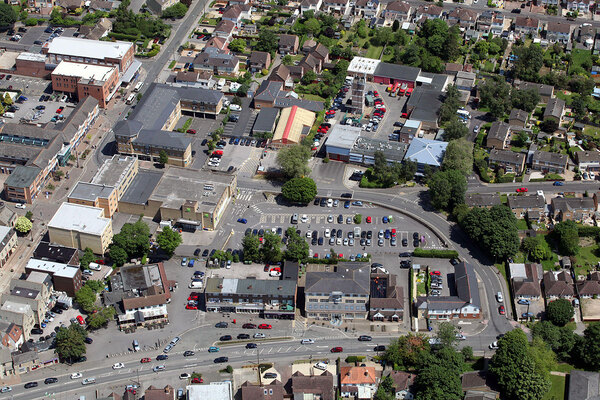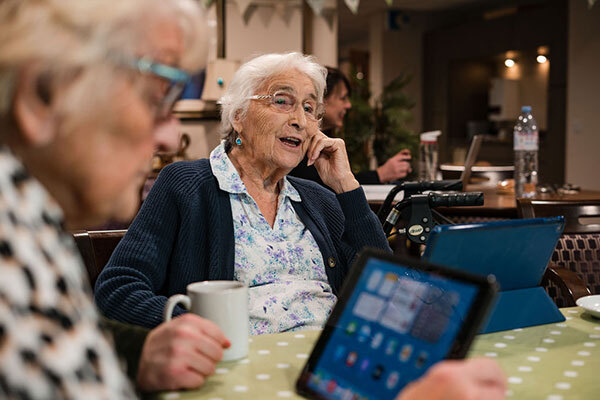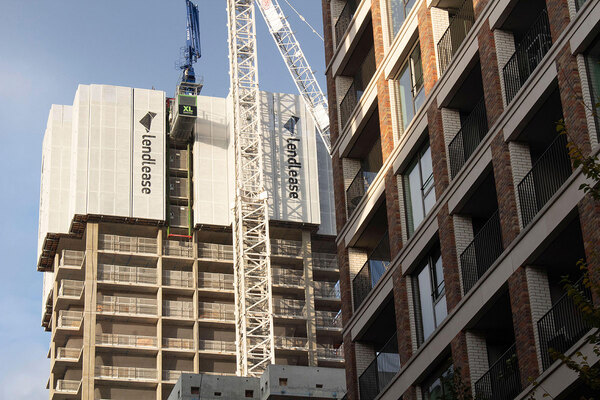You are viewing 1 of your 1 free articles
Six downgrades and two upgrades in latest round of regulatory judgements
The Regulator of Social Housing (RSH) has upgraded two landlords back to G1 and downgraded six more providers to V2 in its latest round of regulatory judgements.
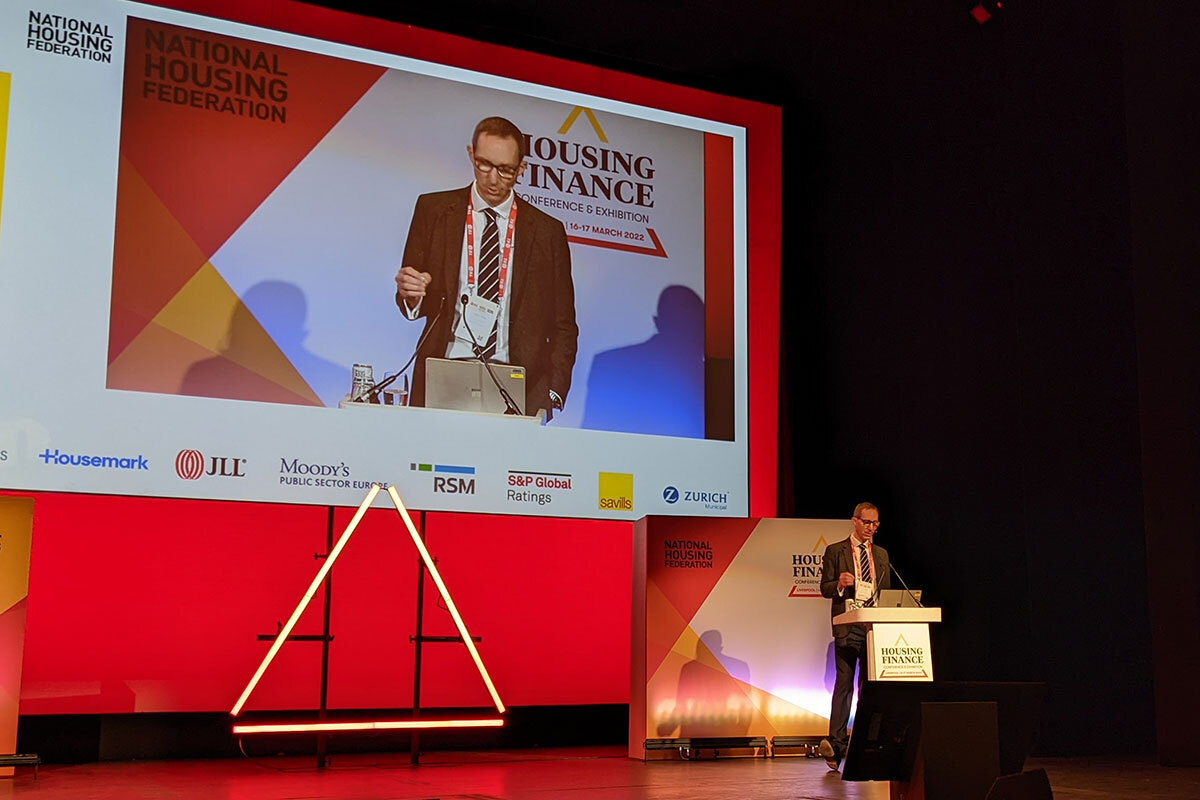
The latest ratings are among 46 regulatory judgements published by the English regulator today, with the majority relating to annual stability checks.
The six providers downgraded for their financial viability are Bournville Village Trust, Brighter Places, Fairhive Homes, Look Ahead, Pioneer Group, and Trent & Dove Housing.
It comes as the regulator told Inside Housing this week that the sector should expect V2 – a compliant grade – to be “the new normal”.
Four landlords were handed a V2 grade for financial viability earlier this month and more are expected after today’s judgements.
Today London-based Look Ahead was also downgraded to G2 for its governance, as well as getting a V2.
Part of the reason was a decision to enter into a new funding agreement was taken “without robust consideration and full understanding of the associated covenant terms”, the judgement said.
The landlord said: “We had forecast a potential breach of interest rate covenant. We successfully renegotiated with the one lender to agree terms of a new interest rate loan covenant that fitted our business model. This was put in place and the potential breach was avoided.”
Look Ahead operates 1,264 homes across London and the South East and manages an extra 1,295 homes for other landlords.
On viability, the RSH said Look Ahead has an “adequately funded business plan and sufficient security in place, however, interest cover ratios are weakened”, while it is amending its operating model to respond to the “negative influence of economic conditions”.
Look Ahead said the downgrade to V2 was “reflective of the current economic challenges facing the sector including interest rate rises, inflation and workforce pressures”.
In its judgement on 8,500-home Fairhive, the regulator said increasing investment in existing homes is weakening the association’s interest cover and reducing funder covenant headroom.
At the same time, its development programme, which includes homes for sale, is exposing it to housing market risks, the judgement said.
A statement from Fairhive said: “Our V2 rating reflects the economic challenges that the social housing sector is facing from higher inflation and interest rates and also our commitment to increase the investment in our existing homes whilst delivering high quality new homes to meet the significant housing need in our communities.
"We have the capacity within our business plan to deliver on all of our objectives and meet our financial commitments.”
Trent & Dove, which operates 6,500 homes mostly across East Staffordshire, is “continuing to deliver its development, regeneration and community support strategies in a more challenging operating environment”, the RSH said.
It added: “This, combined with the increasing costs of investing in existing properties, is weakening financial performance and impacting Trent & Dove’s capacity to respond to adverse events.”
Ursula Bennion, chief executive of Trent & Dove, said: “The regulatory decision to regrade our financial viability to V2 reflects the economic pressures we and other housing providers face across the sector. Trent & Dove remains committed to delivering on our five-year strategic plan focusing on people, purpose and performance.”
Bournville Village Trust’s judgement said its increasing investment in existing homes is “weakening its interest cover”. The 3,700-home landlord’s business plan also includes increasing revenues from non-social housing activities “which exposes it to further risks”.
Pete Richmond, chief executive of Bournville Village Trust, said: “We have set out an ambitious corporate plan to invest tens of millions of pounds in our homes and communities. The tough current economic climate means that delivering our plan will be more challenging. However, we are committed to doing so and to creating and sustaining communities where people can thrive.”
On 3,300-home Brighter Places, the regulator’s judgement said the landlord’s rising investment in existing stock was “weakening its interest cover and reducing headroom on funder covenants”.
It added: “Brighter Places also has a small development programme which exposes it to housing market risks.”
Anna Klimczak, chief executive at Brighter Places, said: "The V2 regrading reflects our commitment to improving and creating affordable housing by investing in our existing homes and building new ones within a challenging economic environment."
For 2,500-home Pioneer Group, the judgement said it is investing homes to improve “affordable warmth”, while continuing with development.
“These factors weaken Pioneer’s forecast financial performance in the short term, and when set in the context of economic pressures including inflation and interest rates, impact on its capacity to respond to adverse events,” It said.
Simon Wilson, chief executive of Pioneer Group, said: “Moving to V2 reflects the strategic choices we have made, which we recognise has added stress to our financial plan particularly at a time when rents were capped by the government in April. I would stress that V2 remains a compliant grade, and in our conversation with the regulator no concerns have been raised about our long-term viability.”
Among the other judgements today, 1,600-home landlord Railway Housing Association (RHA) and Benefit Fund was downgraded to G2 for governance following a self-referral. The RSH said it found “weaknesses in the board’s oversight of key areas, leaving RHA unnecessarily exposed to potentially material risks”.
In a statement on its website, the landlord said: “Please be assured we’re committed to taking the necessary steps to improve and we have already taken a number of steps to strengthen our organisation, working through a clear improvement plan.”
Meanwhile, 26,600-home GreenSquareAccord (GSA), which formed through a merger in 2021, has returned to a G1 and retained its V2 grade.
The landlord was previously downgraded to G2 after breaching the Home Standard in 2021 as it found that hundreds of its homes did not have a current fire risk assessment and more than 10,000 had never had an electrical inspection.
In its judgement today, the regulator said GSA had “strengthened its governance and compliance frameworks and actioned all material due diligence findings”. This included accelerating its programmes of fire risk assessments, asbestos and electrical safety testing, and stock condition surveys so it has “robust, reliable and up-to-date data”.
Ruth Cooke, chief executive at GSA, said: “This is a significant step forward for GSA and it was pleasing to see the regulator recognise in its judgement that our refreshed simpler, stronger, better business strategy provides a clear roadmap for the future with a renewed focus on investment, quality and data.”
South London-based Wandle Housing Association also returned to a G1 and retained its V2 grade. “WHA has improved the quality of its stock condition information and this is allowing it to make informed decisions about the future maintenance of its assets,” the RSH said.
Abri Group retained its G1/V1 status after taking on smaller landlord Silva Homes as a subsidiary.
Sovereign also kept its G1/V2 grades following its merger with G15 landlord Network Homes. Network has become a subsidiary of Sovereign, but the merged body is using the trading name Sovereign Network Group.
Sign up for our regulation and legal newsletter
Already have an account? Click here to manage your newsletters
